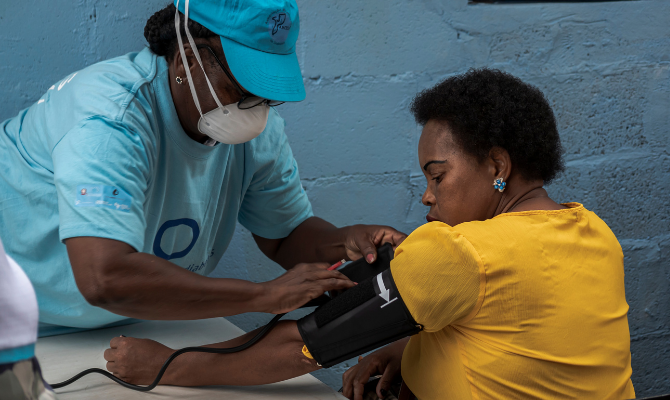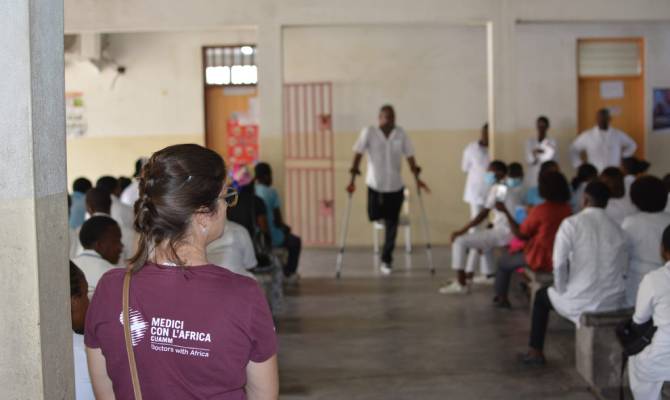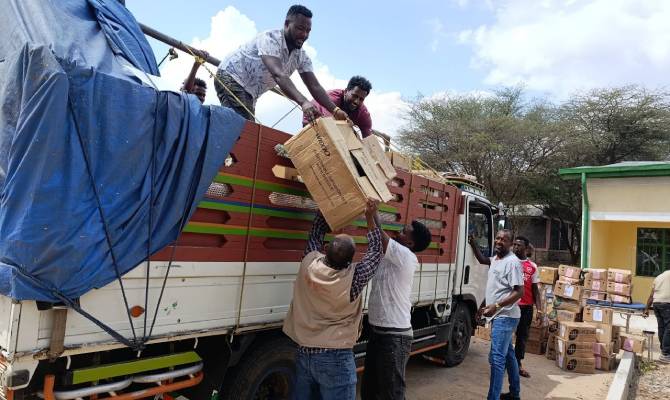Not only is diabetes a risk factor today for people exposed to the new coronavirus, but it is also an emerging chronic disease in Africa, where thousands of people are unaware of the risks they are exposed to every day and lack access to effective diagnosis and treatment. For World Diabetes Day on November 14, Doctors with Africa CUAMM draws attention to the indirect but devastating impact that the pandemic has on those with diabetes, in Africa and around the world.
The World Health Organization (WHO) has been clear about the devastation of basic health services since Covid-19 arrived in Africa and other middle- and low-income countries. It has decimated prevention campaigns for non-communicable diseases such as diabetes, a chronic disease in need of regular treatment. Fear of Covid-19 contagion, difficulty traveling, and a shortage of drugs have made diabetes patients’ treatment increasingly precarious, and they risk death or becoming disabled due to diabetes.
Many African countries have seen a recent rapid increase in those suffering diabetes, and health ministries and hospitals have difficulty developing guidelines and treatments for a disease still unfamiliar in Africa. For this purpose, Doctors with Africa CUAMM works in Mozambique, Angola, Sierra Leone, Tanzania, and Ethiopia to prevent and fight diabetes and other chronic non-communicable diseases.
Andrea Atzori, the international relations manager for Doctors with Africa CUAMM, explains, “We are doing this by expanding local diabetes diagnosis and treatment services, considering the available resources and the local context, as we have done in Angola and Mozambique, as well as Ethiopia, Sierra Leone, and Tanzania. Community-wide screening and awareness-raising are essential to promote healthy lifestyles, which we also pursue through an international partnership with the World Diabetes Foundation (WDF). In Italy, Africa, and everywhere else in the world, it is critical that we not forget diabetes patients and other chronically ill patients. These are the people who are paying, and will continue to pay, the highest price of the pandemic, not having secure access to the health services they need.”





